On April 21st, 1967, Athenians awoke to find that a coup d’état had left a military dictatorship in control of Greece. At the start of the 1960s, Greece was firmly in the hands of right-wing parties, which had run the country since 1946. After a bloody civil war put down a communist insurgency in 1949, Greek governments turned to authoritarian rule, supported by the country’s monarch.
The key figure was Prime Minister Konstantinos Karamanlis, prime minister of Greece for eight years. But after two decades of unopposed rule by the right, change came with the elections of February 1964. Moderate centrists led by George Papandreou, who would take over as prime minister, defeated Karamanlis’s party.This alarmed the country’s conservative groups. The military feared reforms that would challenge the considerable power it had accumulated.
The elections also troubled young King Constantine II. After struggling with the Papandreou government, he provoked its fall in July 1965, only a year into its term. Papandreou’s collapse produced a political stalemate and the king was forced to declare early national elections in May 1967. With Papandreou and the moderate left in the lead, conservative forces feared the election. The upper echelons of the military began planning a coup, some say with the assistance of King Constantine. But while the king and the heads of the armed forces bought time, second-tier officials led by Colonel Geòrgios Papadòpulos took over in what became known as the Colonels’ Coup. On the night between April 20th (twentieth) and 21st (twenty first), 1967, Papadopoulos’s men seized strategic points in Athens and arrested thousands in order to neutralize potential opposition.
At dawn on April 21st (twenty first), the colonels demanded that the king support the coup. Constantine hedged for hours, but by evening named a new prime minister, Konstantinos Kollias, a conservative with strong monarchist ties. The colonels immediately abolished free elections and voided the Greek constitution. They then imposed nationwide martial law. Months later, Constantine organized a counter-coup in response. When it failed, Constantine was forced into exile. Georgios Papadopoulos then proceeded to take power into his own hands. Papadopoulos and his Colonels ruled until 1974, when the regime fell after the Greeks suffered a stinging defeat in their battle with Turkish forces that had invaded northern Cyprus.
The key figure was Prime Minister Konstantinos Karamanlis, prime minister of Greece for eight years. But after two decades of unopposed rule by the right, change came with the elections of February 1964. Moderate centrists led by George Papandreou, who would take over as prime minister, defeated Karamanlis’s party.This alarmed the country’s conservative groups. The military feared reforms that would challenge the considerable power it had accumulated.
The elections also troubled young King Constantine II. After struggling with the Papandreou government, he provoked its fall in July 1965, only a year into its term. Papandreou’s collapse produced a political stalemate and the king was forced to declare early national elections in May 1967. With Papandreou and the moderate left in the lead, conservative forces feared the election. The upper echelons of the military began planning a coup, some say with the assistance of King Constantine. But while the king and the heads of the armed forces bought time, second-tier officials led by Colonel Geòrgios Papadòpulos took over in what became known as the Colonels’ Coup. On the night between April 20th (twentieth) and 21st (twenty first), 1967, Papadopoulos’s men seized strategic points in Athens and arrested thousands in order to neutralize potential opposition.
At dawn on April 21st (twenty first), the colonels demanded that the king support the coup. Constantine hedged for hours, but by evening named a new prime minister, Konstantinos Kollias, a conservative with strong monarchist ties. The colonels immediately abolished free elections and voided the Greek constitution. They then imposed nationwide martial law. Months later, Constantine organized a counter-coup in response. When it failed, Constantine was forced into exile. Georgios Papadopoulos then proceeded to take power into his own hands. Papadopoulos and his Colonels ruled until 1974, when the regime fell after the Greeks suffered a stinging defeat in their battle with Turkish forces that had invaded northern Cyprus.
RELATED
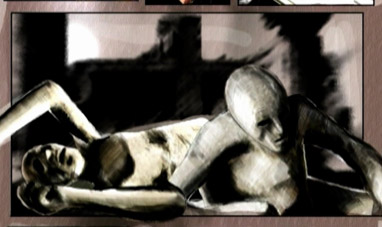

THE DESTRUCTION OF POMPEI
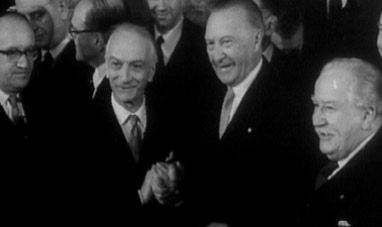

FOUNDING THE EUROPEAN COMMUNITY


THE WALL STREET CRASH OF 1929
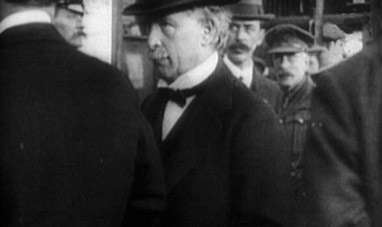

TREATY OF VERSAILLES


THE MARCH ON TIANANMEN
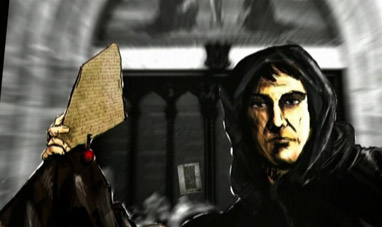

THE PROTESTANT REFORMATION


THE ACROPOLIS IN ATHENS
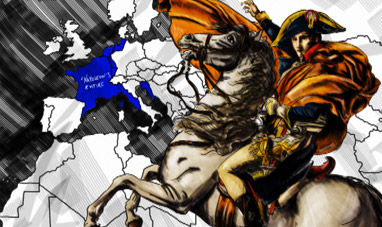

THE BATTLE OF AUSTERLITZ
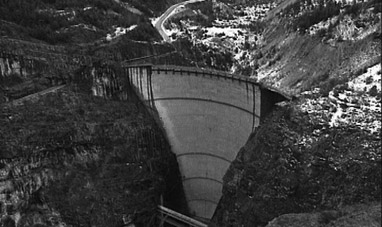

THE VAJONT DISASTER


NORMANDY LANDINGS


THE FALL OF THE BERLIN WALL


SEPTEMBER 11, 2001


THE INDUSTRIAL REVOLUTION
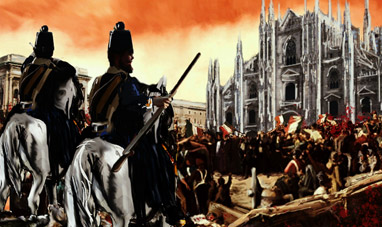

FIVE DAYS OF MILAN
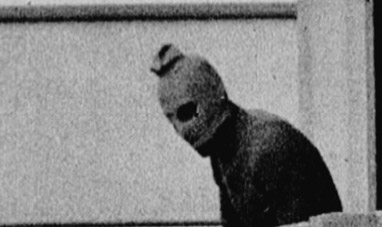

THE MUNICH MASSACRE
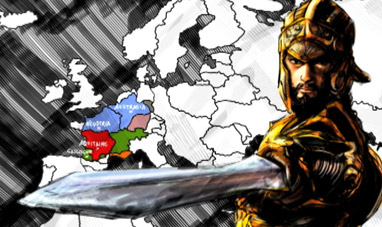

THE BATTLE OF TOURS
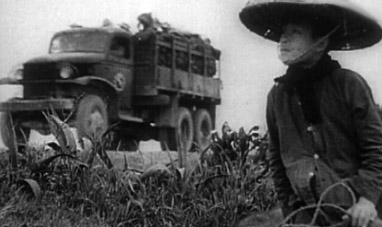

THE VIETNAM WAR


THE CHERNOBYL ACCIDENT
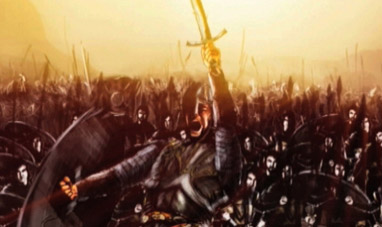

THE BATTLE OF HASTINGS


THE TROJAN WAR


THE FIRST GULF WAR
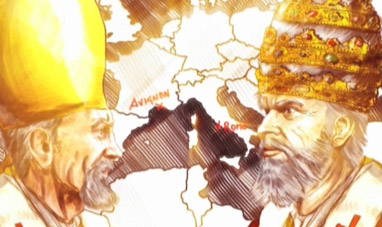

WESTERN SCHISM, THE


SECOND ITALIAN WAR OF INDEPENDENCE


THE FALKLANDS WAR
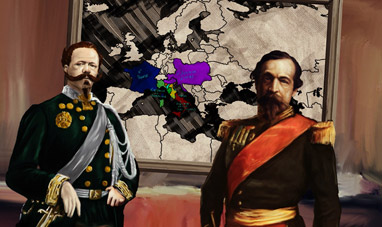

PLOMBIÈRES AGREEMENTS
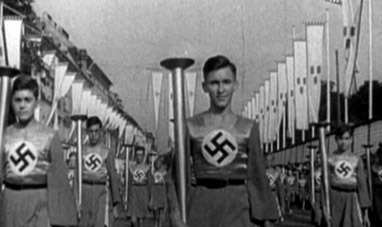

THE ADVENT OF NAZISM


THE SIX DAY WAR
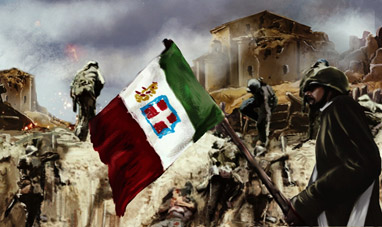

ITALIAN IRREDENTISM


THE FIRST CHINESE EMPEROR AND THE QIN DYNASTY


THE ARGENTINE DICTATORSHIP, 1976-1983
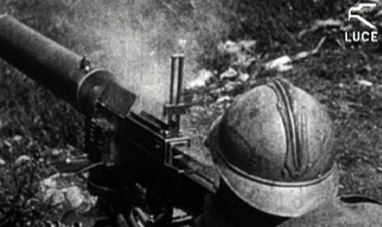

WORLD WAR I


1968
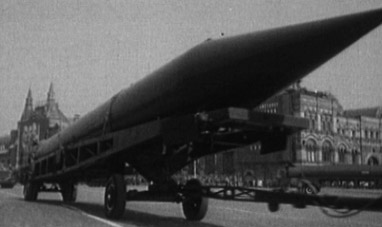

THE CUBAN MISSILE CRISIS
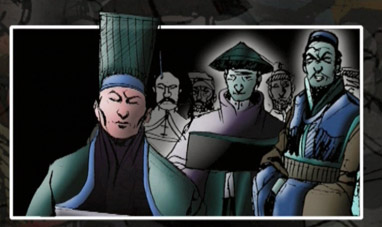

EARLY CHINESE DYNASTIES
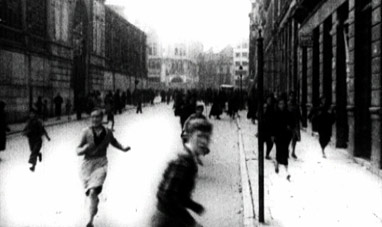

THE SPANISH CIVIL WAR
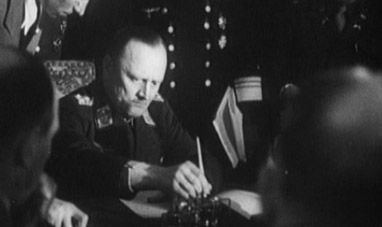

YALTA AND POTSDAM: NEW WORLD ORDER
